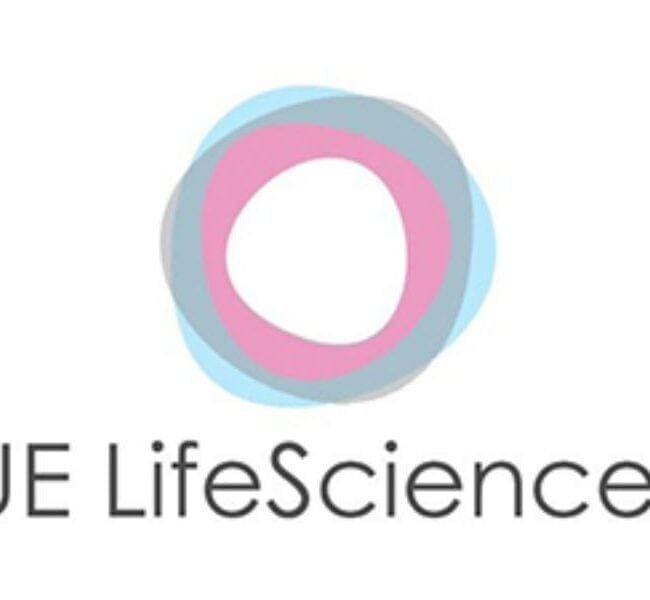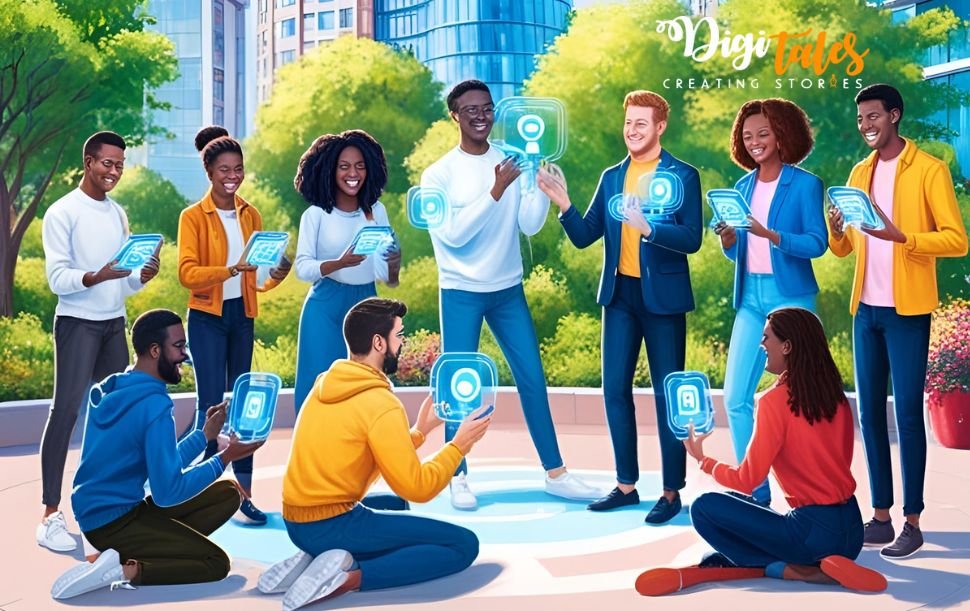
Top Tips for Brands on Digital Marketing in 2025
Understanding the Evolving Digital Marketing Landscape
As we move towards 2025, the digital marketing landscape continues to evolve at an unprecedented pace. It is mainly influenced by emerging technologies and changing consumer behaviors. One key trend is the increasing integration of artificial intelligence (AI) across marketing platforms. AI helps brands analyze consumer data to create personalized experiences, optimize campaigns in real time, and enhance customer engagement. This technology facilitates data-driven decision-making, enabling marketers to tailor their strategies effectively.

Another significant development is the rise of augmented reality (AR) in digital marketing. AR provides immersive experiences that allow consumers to interact with products before making a purchase. This technology is especially prevalent in sectors such as retail and real estate, where visualizing a product can significantly influence buying decisions. Brands adopting AR strategies can differentiate themselves in an increasingly crowded digital landscape. This is making the shopping experience more engaging and interactive.
Social Media Platforms for Digital Marketing Trends
The growing significance of social media platforms cannot be ignored, as they continue to shape consumer behavior. Brands are shifting their focus towards social media marketing to reach targeted audiences effectively. With platforms such as TikTok and Instagram leading the charge, visual content has become paramount in attracting and retaining customer attention. As these platforms evolve, so must the strategies employed by brands to engage users, utilizing the latest features and trends to maximize visibility and interaction.
Moreover, consumer preferences are moving towards omnichannel experiences, where customers prefer seamless interactions across multiple platforms. This shift emphasizes the importance for brands to remain adaptable and responsive to these changes. It is crucial that marketers understand where their audiences are spending their time and how to engage with them holistically, delivering a consistent message regardless of the platform. Embracing these evolving aspects of the digital landscape is essential for brands aiming to thrive in the competitive market of 2025.
Leveraging Data Analytics for Targeted Campaigns in Digital Marketing
As the landscape of digital marketing evolves, the integration of data analytics has become crucial for brands seeking to create impactful and targeted marketing campaigns. By harnessing consumer data, brands can gain critical insights that facilitate the development of personalized marketing strategies, ultimately enhancing customer engagement and driving conversions. This process requires a thorough understanding of the data collected from various sources, including social media marketing, customer interactions, and online behavior.
Data analytics enables brands to segment their audiences based on demographics, preferences, and behaviors, making it possible to tailor messages that resonate with specific consumer groups. Personalized marketing campaigns not only improve customer satisfaction but also boost brand loyalty, as consumers feel understood and valued. For instance, advanced data analysis can reveal trends in purchasing behavior, allowing businesses to prompt relevant product recommendations that align with individual preferences.
Moreover, predictive analytics plays a significant role in anticipating consumer trends and market shifts. By evaluating historical data, brands can forecast upcoming industry changes and adapt their digital marketing strategies accordingly. This proactive approach ensures that marketing efforts are not only reactive but also strategic, positioning brands ahead of the curve in the fast-paced digital environment.
To maximize the effectiveness of data-driven efforts, it is essential to measure campaign performance consistently. Key performance indicators (KPIs) should be established to evaluate the success of marketing initiatives. By scrutinizing the results, brands can identify areas for improvement and optimize future campaigns. Implementing best practices for data collection and interpretation is critical; this includes using robust analytics tools and ensuring data privacy compliance.
In conclusion, leveraging data analytics within digital marketing enables brands to create targeted, effective campaigns that satisfy consumer needs while remaining competitive in a dynamic digital landscape.
Emphasizing Sustainability and Social Responsibility
As we move toward 2025, the landscape of digital marketing is increasingly reflecting the values of consumers who prioritize sustainability and social responsibility. Today’s consumers are not only looking for quality products but also for ethical brands that demonstrate a commitment to environmental stewardship and social equity. This shift necessitates a reevaluation of marketing strategies, compelling brands to integrate sustainability into their core messaging and product offerings.
Research indicates that consumers are more likely to engage with brands that align with their values, which has resulted in a strong preference for businesses that prioritize ethical practices. For instance, companies that utilize sustainable practices in their supply chains, reduce waste, and demonstrate transparency in their operations often experience enhanced customer loyalty and brand advocacy. As such, digital marketing campaigns that communicate these efforts are increasingly effective in capturing consumer interest.
Incorporating sustainability into marketing strategies can take many forms. Brands can highlight eco-friendly product designs, such as using sustainable materials or minimizing packaging waste. Moreover, companies can share their initiatives pertaining to community support, employee well-being, and fair trade practices. Social media marketing presents a remarkable opportunity for brands to showcase their commitment to these causes through storytelling, allowing them to connect with consumers on a personal level.
Successful examples abound: brands like Patagonia have effectively leveraged their commitment to environmental causes in their marketing campaigns, reinforcing consumer trust and loyalty. Similarly, Unilever has been recognized for its sustainable living brands that align with ethical practices. By emulating such efforts, companies can not only enhance their digital footprint but also foster a profound relationship with consumers who care about social responsibility and sustainability.
Creating Engaging Content and Community Building For Digital Marketing
In the rapidly evolving landscape of digital marketing, creating engaging content and fostering community engagement are pivotal for brands aiming to build lasting loyalty. By 2025, audiences will increasingly favor interactive content formats over traditional ones, making it essential for brands to explore innovative ways to engage their consumers. This can include incorporating quizzes, polls, and augmented reality experiences that invite active participation. Moreover, authentic storytelling will resonate deeply as consumers seek genuine connections with brands that align with their values and experiences.
User-generated content is another powerful tool that brands can leverage. By encouraging customers to share their own stories and experiences related to the brand, companies can cultivate a sense of community and ownership among their audience. Such engagement not only enhances the relatable aspect of a brand but also encourages organic interaction, allowing customers to feel valued and heard. This paradigm shift towards co-creation establishes a more robust connection between the brand and its consumers, fostering loyalty over time.
Furthermore, brands should strategically utilize social media platforms to build online communities. This includes regular interactions with audiences via comments, messages, and live events that facilitate direct engagement. Hosting Q&A sessions, webinars, and even casual meet-and-greets can help brands humanize themselves and develop more personal relationships with their followers. Additionally, implementing feedback loops, where customer input is actively sought and visibly integrated into brand development, can enhance consumer trust and satisfaction.
Ultimately, meaningful engagement through interactive and authentic content, combined with active community building on social media, can significantly impact a brand’s reputation and loyalty. By 2025, brands that prioritize these strategies will not only capture attention but also foster a deeper emotional connection with their audience, which is essential in the ever-competitive digital marketplace.











